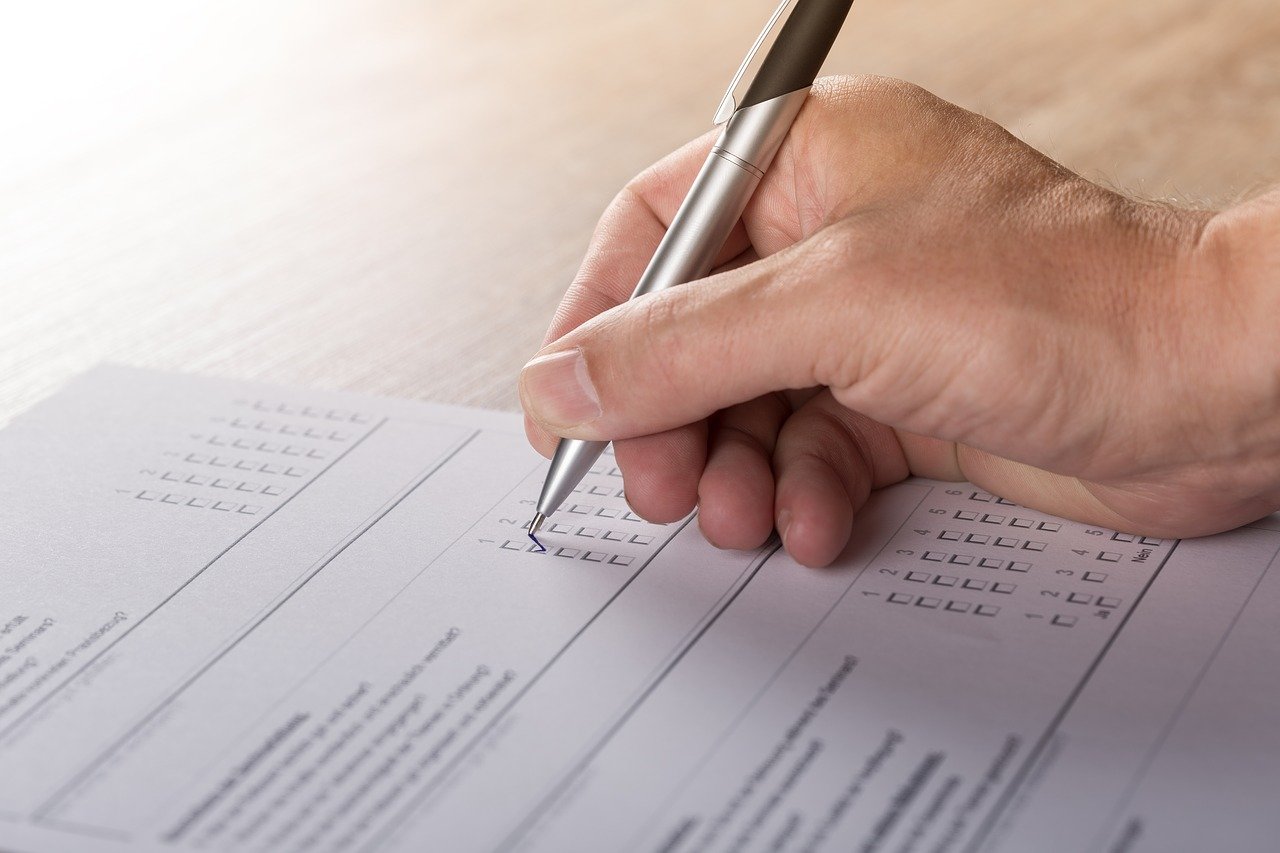Ahead of September’s Responsible Gaming Education Month initiative, the American Gaming Association (AGA) Wednesday (28 August) released new research showing that RG efforts are improving in the US, for both land-based casinos and sports betting.
The survey, conducted online by Kantar from 31 July- 9 August, featured responses from 2,000 nationwide voters. Its results, the AGA said, highlighted several positive developments with regards to consumer trust with the casino and sports betting industries.
Overall, 75% of respondents said that gaming “behaves responsibly in the communities where it operates.” With sports betting specifically, 90% of respondents felt it was an acceptable form of entertainment, and 75% support having legal sports betting in their state of residence. Sports betting is currently legal in 38 states plus Washington, DC. No new markets legalised wagering so far this year.
The main theme of the AGA survey was responsible gambling–65% of overall respondents said the US gaming industry is sincere in its RG efforts, up from 55% last year. That figure increased to 81% for active casino goers and 88% for active sports bettors. Last year’s totals were 70% and 78%, respectively.
“These latest survey results highlight a consistent trend over the years: as gaming expands to new audiences, Americans increasingly see the benefits of a legal, regulated gaming marketplace that contributes to communities, prioritizes responsibility and provides unmatched entertainment,” Joe Maloney, AGA’s senior vice president of strategic communications, said in a statement.
Positive sentiment for RG ads, programs, resources
The survey showed that American bettors (and non-bettors) have increasingly positive views about operators’ RG advertising, which has long been a point of contention.
This year, nearly two-thirds (65%) said they believe gaming is “truthful in its marketing and advertising, a 7% increase from last year. Further, the AGA said 73% believe that the industry’s marketing efforts are responsible, a 5% year-over-year increase. This comes less than a week after a class-action lawsuit against DraftKings for deceptive advertising was permitted to move forward in Massachusetts.
The percentages surrounding the effectiveness of RG programs themselves also saw increases. As with ads, 66% of respondents said the programs were effective, which was also a 7% increase. For existing bettors, those figures increased to 79% for casino patrons and 85% for sports bettors.
Finally, increased familiarity with RG resources was also highlighted. Three-quarters (76%) of overall respondents were familiar with at least one RG resource, up from 65% in 2022. Almost all (96%) active sports bettors were aware of RG resources, compared to 92% of casino patrons.
“The gaming industry’s responsibility efforts are stronger than ever, and consumers are noticing,” Maloney added. “As we embark on another Responsible Gaming Education Month, we’re more energized than ever to continue our work to give consumers the legal, safe and fun gaming experiences that they want and deserve.”

